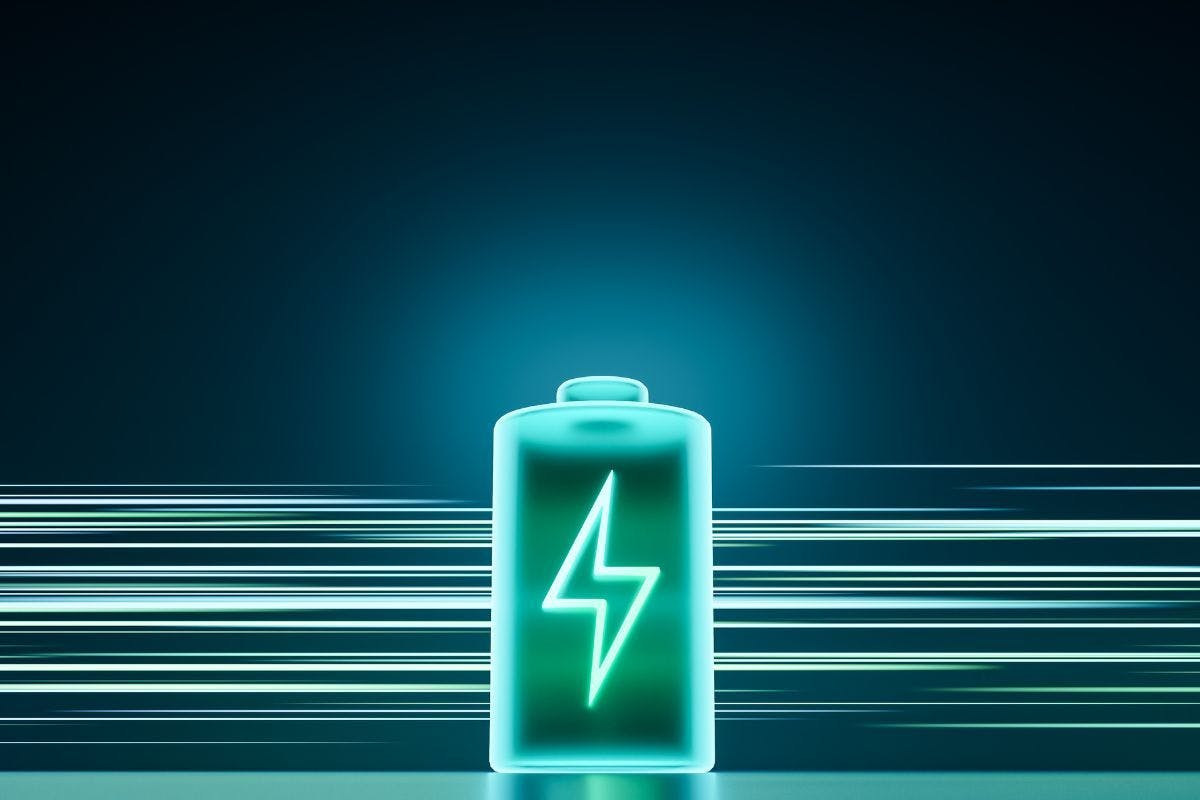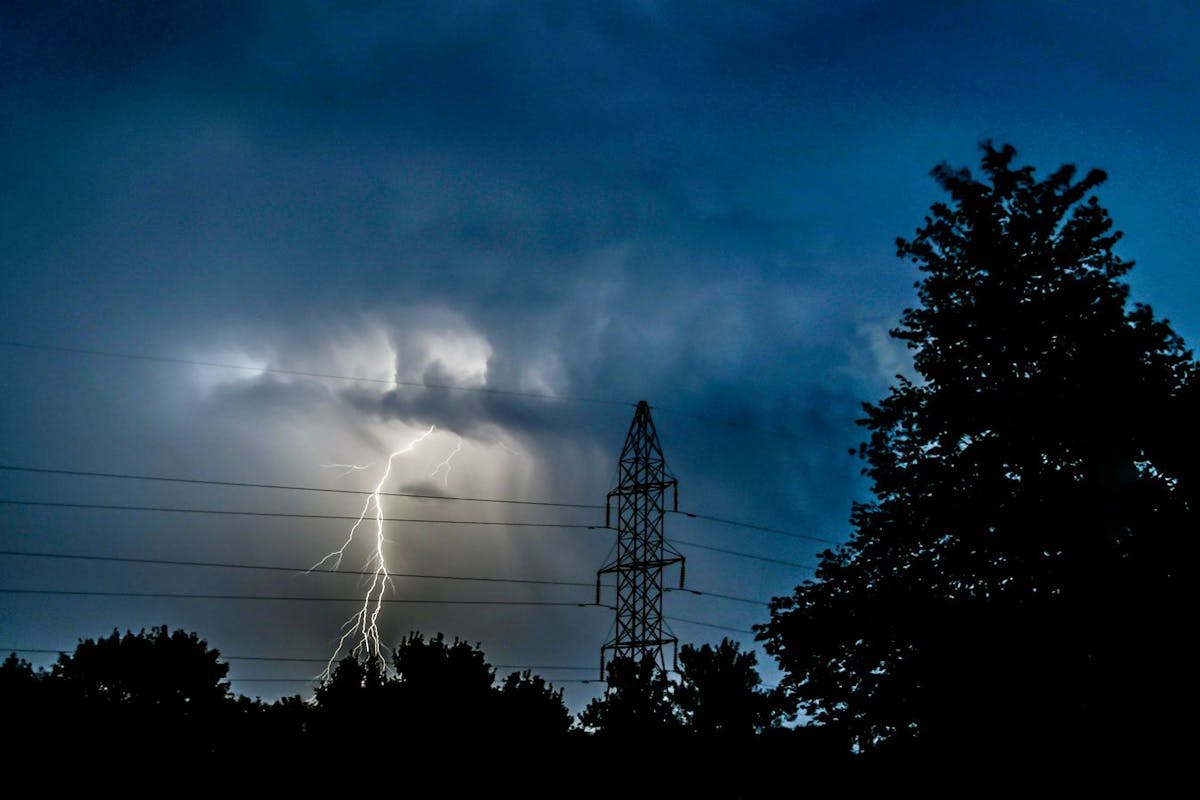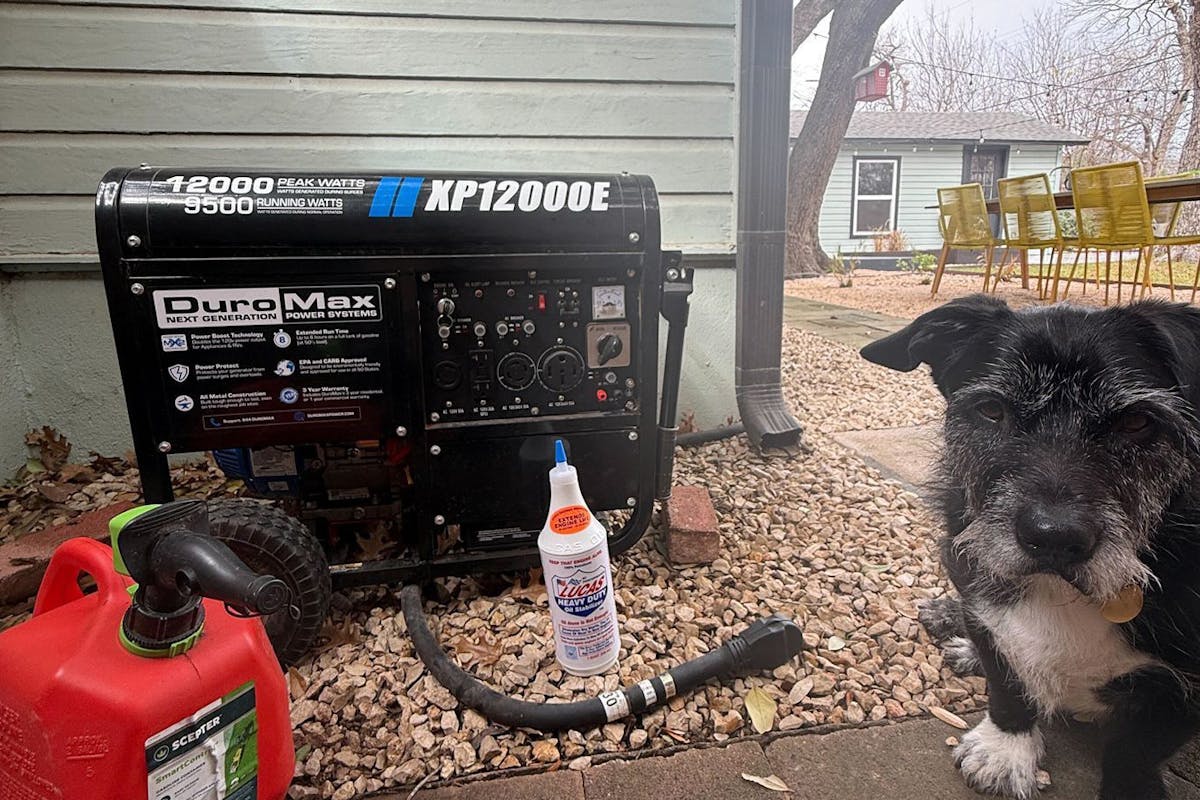Backup vs. Arbitrage Battery: Differences, Pros, and Cons
Last edited
Author
Andrew Giermak
Solar and Electrification Writer and Editor
Editor
Andrew Blok
Electrification and Solar Writer and Editor

Arbitrage or consumption-only batteries can save homeowners money, but won’t provide backup power.
For some home solar panel users, particularly in California, arbitrage batteries are the key that unlock solar savings. Arbitrage batteries are different, with different uses, than backup batteries. It’s possible to store free solar power or grid electricity when it’s less expensive, then avoid using high-rate peak-rate electricity, but you won’t have backup power during a blackout. There are pros and cons to arbitrage batteries and energy arbitrage. When and where is it possible and worth the investment?
See how much you can save with home energy changes
What is an arbitrage, or consumption-only, battery?
An arbitrage battery — also known as a consumption-only, no-backup, or grid-tied battery — is designed to store and discharge energy to your home or the grid, but will not provide backup power in an outage. When the grid goes down, the battery does, too. However, consumption-only batteries are more affordable than backup batteries.
Whether you have one or many batteries in a system, the basic idea is you charge the battery with inexpensive power, from your home solar panels or during off-peak periods when electricity is cheaper. Then, you use the stored energy to avoid expensive peak rate electricity from the grid. Individuals, especially in California with its current NEM 3.0 plan, save more money storing and consuming solar power than exporting it to the grid for NEM credits, except in a few rare cases.
While arbitrage batteries are cheaper to install, they won’t save you more than they cost in most places. For that to happen, electricity needs to be expensive and export rates need to be low. That means arbitrage batteries are used most typically in California.
Arbitrage vs. backup battery
Both arbitrage and backup batteries let you store your own power and use it. Arbitrage batteries have a lower upfront cost and a shorter payback period.
| Arbitrage Battery | Backup Battery | |
|---|---|---|
| Store and use electricity | Yes | Yes |
| Save on electric bills | Yes | Yes |
| Increase solar usage | Yes | Yes |
| Have power in a grid outage | No | Yes |
| Lower installation expense | Yes | No |
See how much you can save with home energy changes
Which battery is right for your home?
Solar panel systems without a battery, with a backup solar battery, or with an arbitrage battery can be the best choice for different people. Sometimes a standalone battery is right for a home.
Going solar without a battery system is better when you want a lower upfront cost for a new system and are fine using utility grid electricity when solar power is not available. In locations with 1:1 net metering, where avoiding grid energy and sending electricity back to the grid are equally valuable, batteries may be less important.
A backup battery can be a wise addition if you can save more money by using more of your solar electricity and you want some backup power during blackouts. In most locations, a backup battery won’t pay for itself in savings, but provides the non-monetary benefits of security and greater independence from the grid.
A consumption-only battery gives you a lower upfront cost for adding energy storage to your system but won’t give you backup power in a power outage. You will be able to store cheap electricity from your solar panels or the grid and use the electricity or discharge it to the grid when doing so saves you money.
Either type of battery can help you use more of your solar electricity and gain more independence from your utility.
To see what you can save with solar and storage, and see potential energy savings all over your home, download the new Palmetto app. You can also use our solar savings tool to see what you can save today.
See what home electrification can do for you:
Frequently asked questions
Will a battery back up my home during a power outage?
To provide backup power to your home or part of your home in an outage, your battery must be configured to do so. How much backup power it can provide depends on if your battery is charged, the size of the battery system, how much of your home draws power from the battery, and if your home solar system can recharge the battery during the outage.
Can a battery save me more money when I get solar panels?
A backup battery, or bank of batteries, is a significant investment as part of a home solar system and, depending where you live, can increase the solar payback period. An arbitrage battery is less expensive to buy and install. In places like California, you’ll likely save more from an arbitrage battery than a backup battery.
Why isn’t my home battery keeping my power on after the power went out?
If your battery isn’t designed and installed for backup power and the grid goes out, your battery will shut down, too. An arbitrage battery won’t discharge electricity during a power outage. A backup battery may run out of charge if it doesn’t have a way to recharge during the outage.


